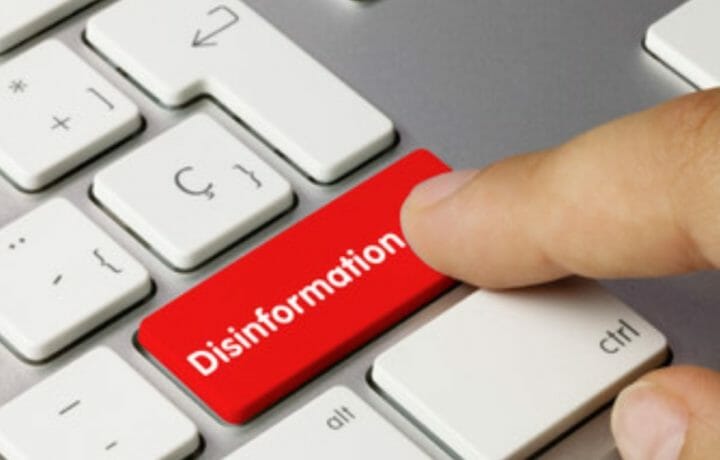With advances in AI and the ability to generate disinformation becoming available to anyone regardless of skill level, the media have given much focus in an election year on how the average person is highly susceptible of falling for fakery. However, this is not a new phenomenon as anyone who has a social media account has been targeted by those who have a motive to divide, instill panic, or sway opinion.
Leading Sources for Disinformation Studies
While major media outlets cover disinformation to some extent, you really needs to dive into the works of individuals and research centers to understand methods, motives and tactics, and what we may be wary of in the future. Here are my best sources on the topic.
1. Stanford Internet Observatory-A Program in the Cyber Policy Center
They have been around for quite a while and are very adept at tying in geopolitics and international governance in their works. Some of their publications are traditional academic papers; however, they have plenty of case studies, journal articles, and (if you have the attention span of a gnat like me) white papers. This is a great starting point for research for those in higher education or the person generally curious about disinformation trends and ever-changing policies.
2. Clemson Media Forensics Hub
While this site lacks the depth and analysis of Stanford, it is relatively new in the market of disinformation studies. The main reason I included the Hub is their innovative interactive Spot the Troll quiz, which has become a staple in my classes. It is useful for group training in anyone that uses social media, in either an individual or a business capacity.
3. Office of the Director of National Intelligence Foreign Malign Influence Center
The newly established Office of the Director of National Intelligence Foreign Malign Influence Center is less than a year old and their website is mostly introductory information about the organization. I would hope in the future joint government/academia studies and resources would be part of their contents.
4. The University of Washington Center For An Informed Public
This resource is a wonderful interdisciplinary collaboration between the Information School, the department of Human Centered Design and Engineering, and the School of Law. For only being in existence for five years, the amount of great material either found or linked to on their website is impressive. It is really a great source for community education with captured videos and presentations that have been shared with a variety of audiences. The Center for an Informed Public really gives you a 360 degree look at the world of disinformation studies.
There are many opportunities in this field from the highly technical (AI detection software development) to the international strategy experts to even those in the psychology and forensics realm. If you have an interest in exploring further, the above sites are a great starting point.




